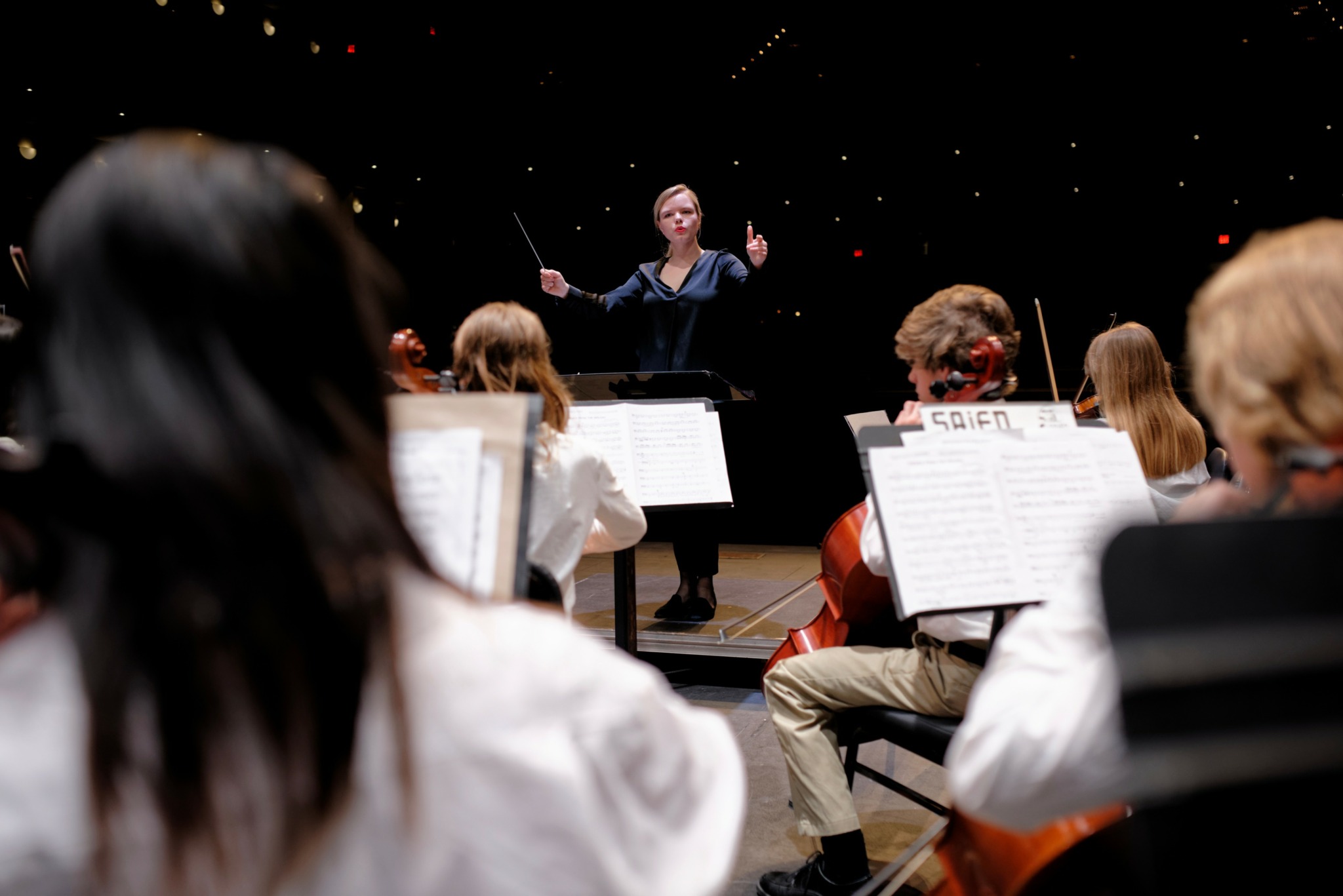We caught up with the brilliant and insightful Amelia Ivory a few weeks ago and have shared our conversation below.
Amelia, thanks for joining us, excited to have you contributing your stories and insights. Are you happier as a creative? Do you sometimes think about what it would be like to just have a regular job? Can you talk to us about how you think through these emotions?
As a musician and educator from Oklahoma I have constantly been told that I would struggle to earn an income. Oklahoma has held the title for 49th in teacher pay nationally and little did I know that discontent for disrespect of the profession was a common factor statewide, which culminated in a teacher walk-out in April 2018. My classroom and the role I played within it as a middle school Orchestra Director was never the problem. I held space with students in their most formative years listening to them screech on their strings, demonstrate progress and conquer their self worth all on a wooden box and some strings, and ultimately learning what belonging means through the long-forgotten team sport of orchestral music making.
To supplement my work and continue to push the bounds of my personal skillset I performed with two local symphonies and taught private lessons and was very familiar with a 50-60 hour work week. As a single person I did not mind staying busy and the connecting with my friends through my work, but over time I noticed that everyone around me, in all areas of my life, fell privy to complaining about the world around them and took comfort in sitting in a dimly world they felt they could not change. This realization triggered a relentless pursuit of happiness and joy that would become life changing for me and the community around me. Three years ago I left the public school classroom to move towards a community level position within the Tulsa Youth Symphony, where I was named Executive Director in January of this year. I continue to believe that happiness is a choice that surrounds us in every moment, can be catastrophically contagious in creating cultural change in our communities and the world we want to see, and that we must continue to personally follow our truth to a better and brighter day regardless of the means in which we serve the world.
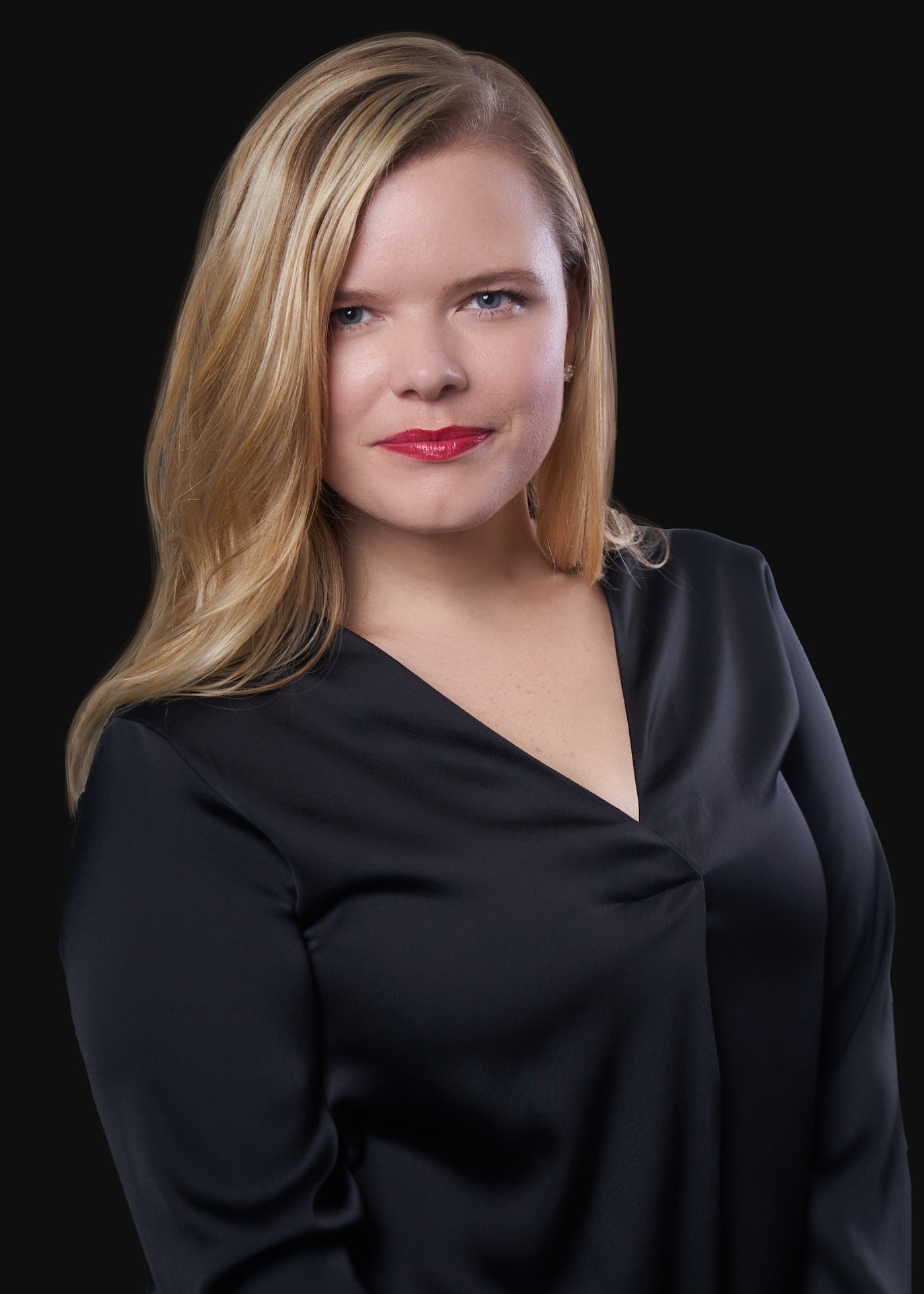
Amelia, love having you share your insights with us. Before we ask you more questions, maybe you can take a moment to introduce yourself to our readers who might have missed our earlier conversations?
I wear many hats, but primarily I consider myself to be a musician, teacher, highly organized person, and hype-girl for young students in their pursuit of music education. After spending 13 years in the classroom and seeing the direct affect of COVID on young people and the work that took place in a music classroom to BRING THEM BACK, I am a huge advocate for music educators, musicians, arts administrators, and people in general working to better themselves and find connection in this world.
I started learning the cello in a small town in Northeastern Oklahoma and followed that passion to ‘the big city’ – Tulsa, Oklahoma. Little did I know, right?…. but also, little did I know that this very small ‘big city’ would become an incredible community of support where my friends and colleagues became family who would continuously shape and who I would become, which is a champion for students to gain access to opportunities as though they lived any other ‘big city’ in the world. That where we come from does not define us and the world is ours to gain.
My work now centers around shaping a youth organization designed to bring the best, brightest, and most motivated students together to make music. What a gift and honor to help the next generation become their best selves. The Tulsa Youth Symphony was established in 1963, and is now turning a corner of stepping into the future where the whole student – no matter who they are – is welcome to take part and rise in joy through music and support so long as they choose to do the work.
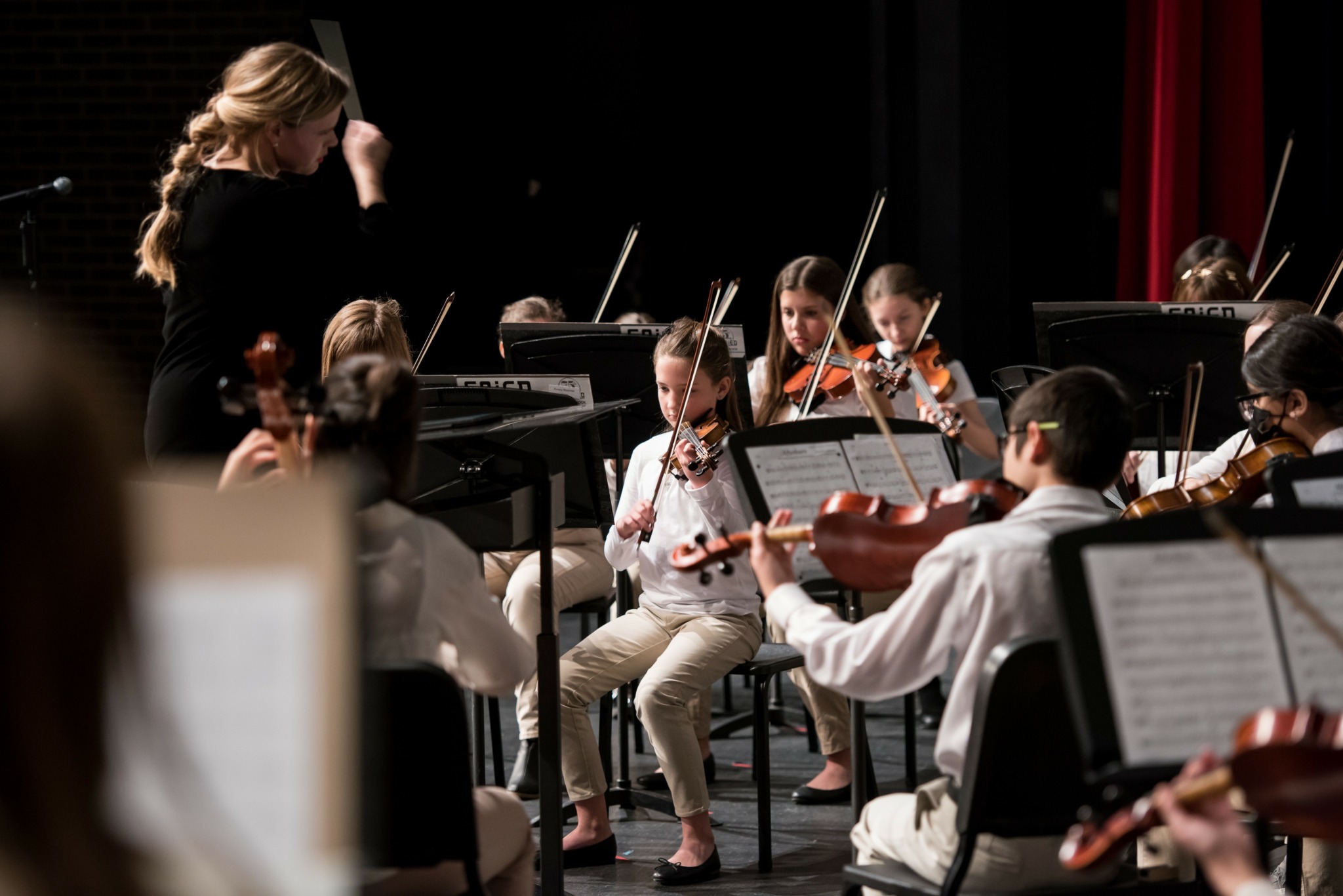
In your view, what can society to do to best support artists, creatives and a thriving creative ecosystem?
Studying my local ecosystem has become a passion project that has run parallel to my time with the Tulsa Youth Symphony. Arts funding is a precious commodity and I truly believe that the answer is to bring connection, presence, and gratitude back as a standard practice. So many creatives fear or are paralyzed by imperfection in their process and lose sight of what their art form is all about. Their work is a gift to others no matter what shape or readiness it comes in, and it is time to begin seeing, celebrating and connecting with real people again. People matter. Seeing others, and being seen by others matters to truly create an ecosystem we can all call home.
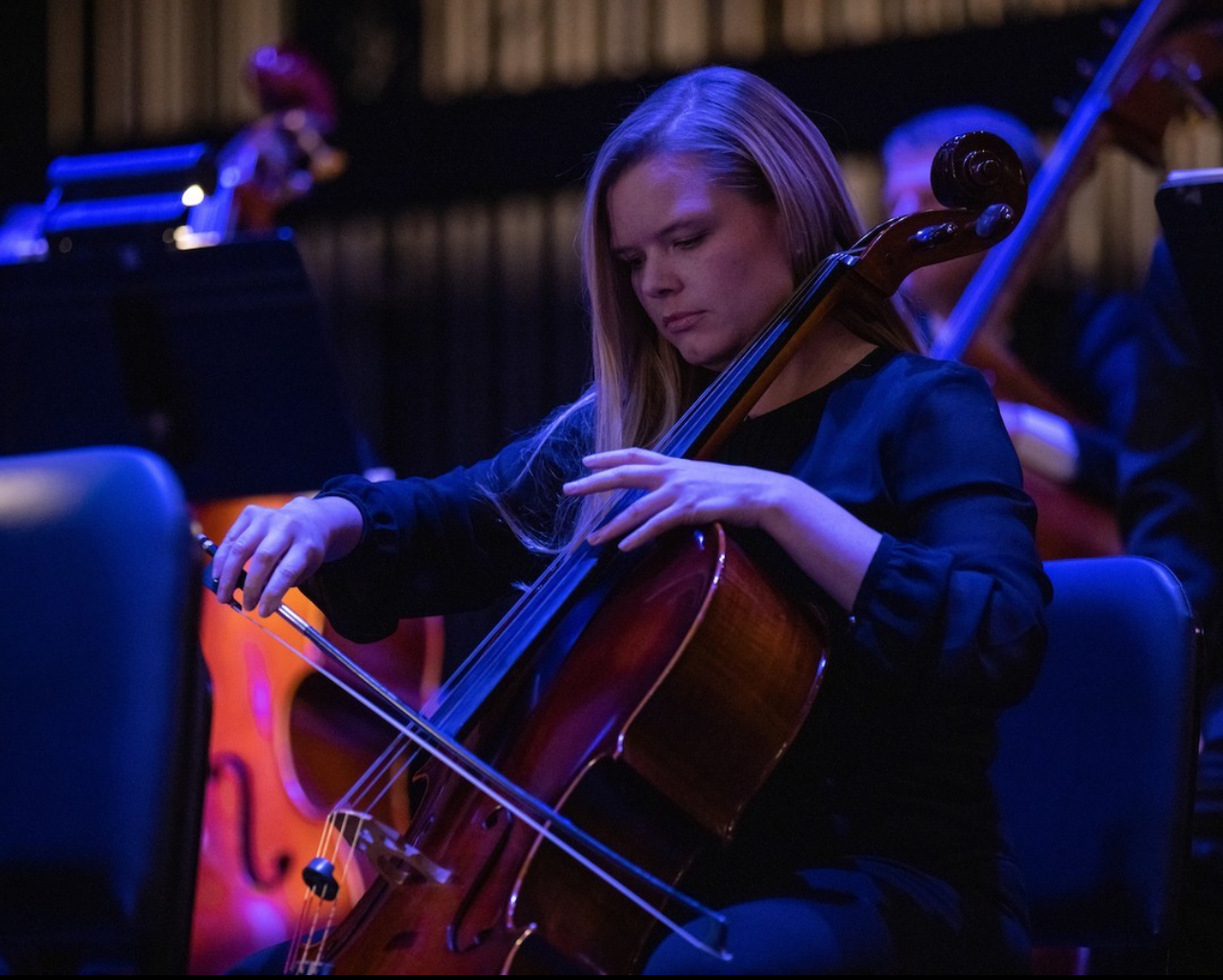
Learning and unlearning are both critical parts of growth – can you share a story of a time when you had to unlearn a lesson?
As a cellist, I have spent decades practicing and keeping up with the person ‘right in front of me’. With clear rankings it became far too easy early on in my life to define my value or worthiness based on how well I played my instruments. In the classical world, and the world at large, hierarchy pigeonholes many people into believing that they are less than or better than their neighbors when at the end of the day everyone ends up lonely and feeling terrible. Over my time in the classroom I have watched students inconsolably melt down over their chair placement results not realizing that just being in the room and trying is the real prize. What a world to live in when the lesson I had to unlearn was the boundaries of my own worth and that being kind to others – and myself – is real success in this world.
Contact Info:
- Website: https://tulsayouthsymphony.org
- Instagram: https://instagram.com/tulsayouthsymphony
- Facebook: instagram.com/tulsayouthsymphony
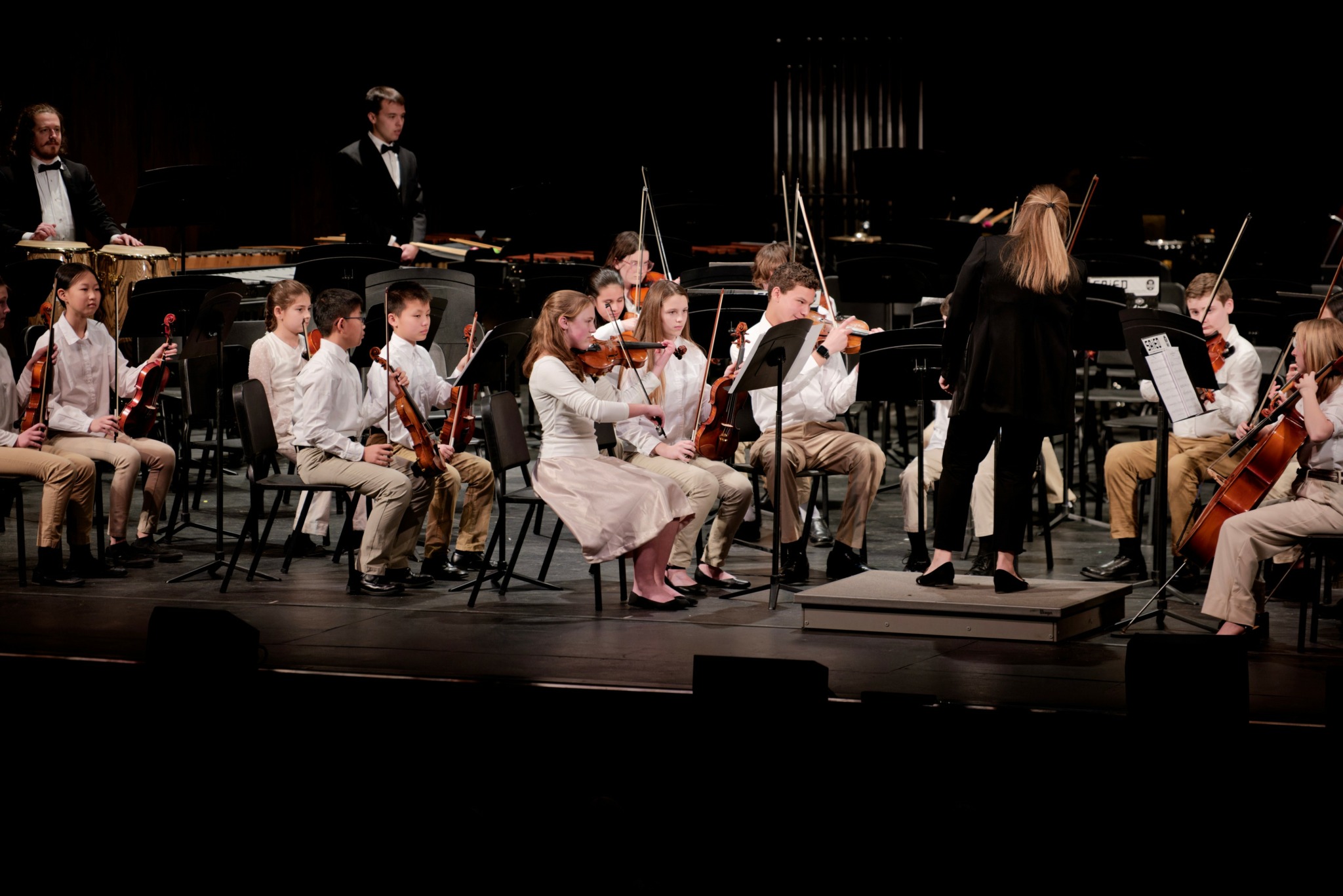
Image Credits
Imaging by Oscar


